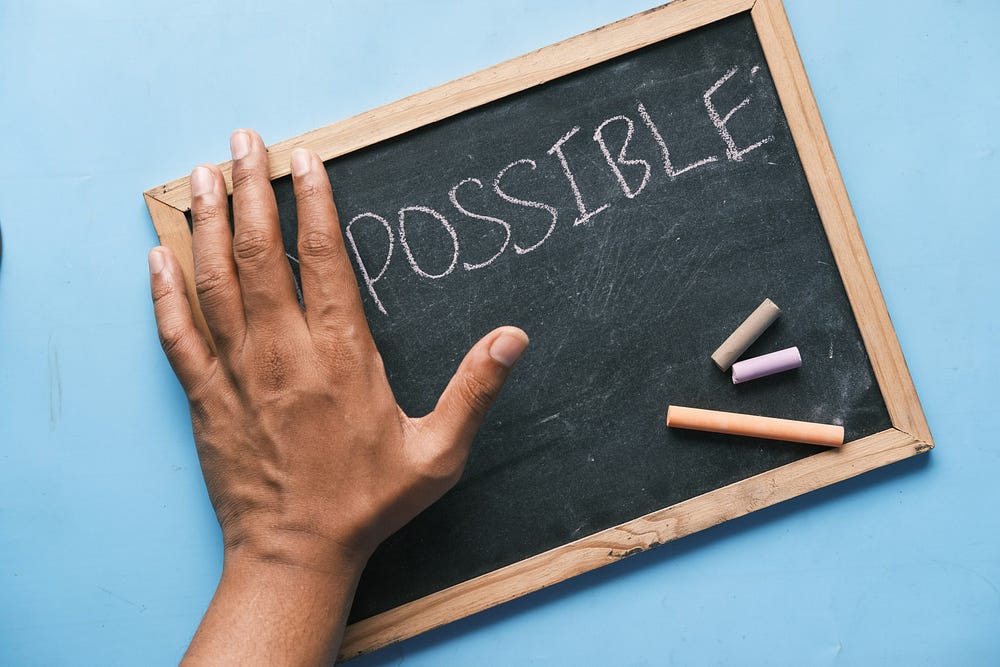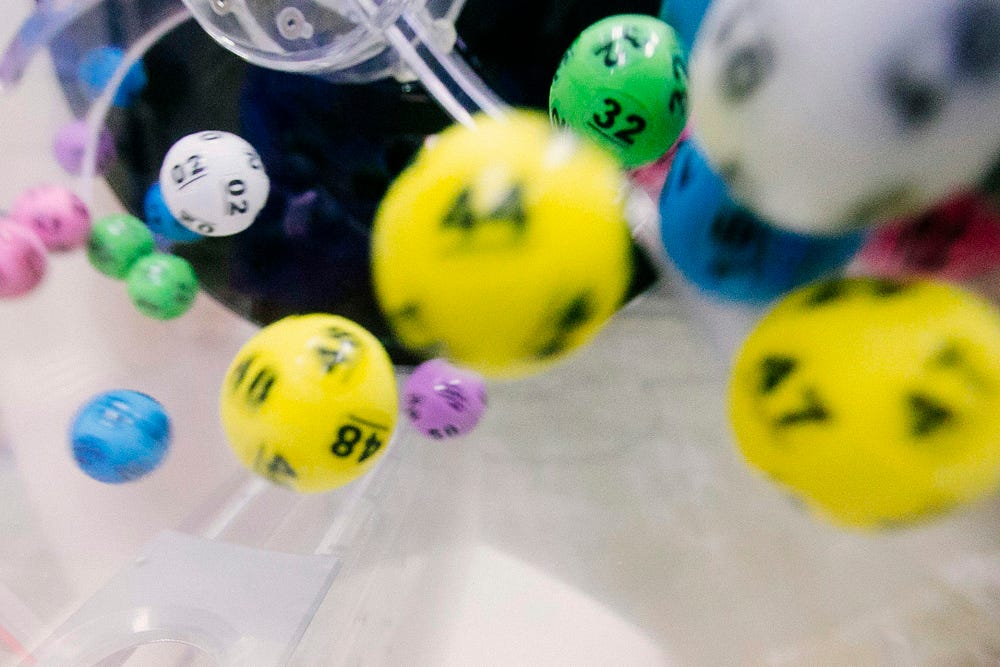Money, Money, Money!
As ABBA famously expressed in their song “Money Money Money,” in the world of lotto players, it is everywhere. Each one is seduced by the infinitesimally small chance to win big.
Lotto madness
On the back of a story, I wrote last month “EINADW #14: You Earn How Much? – Unrealistic Money People Earn” it has always fascinated me that people with very little money seem to always find some to buy their weekly Lotto tickets.
Like millions of others, they are seduced by the lure of potentially winning obscene life-changing amounts of money. The stats are amazing:
-
In the US, 181 million people participate in the Powerball lottery yearly. That is around half of the total population.
-
In the UK, 70% of those over 18 (45 million), play the lottery.
-
In Australia, of the 8 million people, over 5 million (76%), like to take a punt.
Play the game
The largest lottery jackpot to date was the US$2.04 billion Powerball in November 2022. A single winning ticket was sold in California. The list of US lotteries that exceeded $400 million shows 49 draws, with 11 bringing in more than $1 billion.
In Europe, the biggest win was €371M (US$395 M) in February 2023, split between 90 players. 15 prizes have been awarded over €100M.
Asia’s largest prize was 570M Yen in China (US$87M). In Australia, the biggest prize of AU$200 million was in February 2024, split between two prize winners.
Clearly, there is a lot of money to be won, especially when there is a jackpot. Lotteries are more popular when the jackpot is higher.
According to a recent survey, 44% of lottery players are more active when the jackpot is higher. On average, one out of four players plays the lotto at least once a month and will buy 5+ tickets or more when it is a jackpot. The assumption is that if I buy more tickets, my chances of winning will be greater.
In a regular draw, 33% of lottery players buy just one ticket, meaning that two out of every three players will purchase more than one ticket.

What are the chances of winning?
The odds of winning a jackpot in the US Powerball lotto are 1:292 million for Powerball and 1:303 million for Mega Millions.
The odds of winning EuroMillions are 1:139 million.
In Australia, the odds of winning the Powerball top prize (the lottery promising the most winnings) are about 1:134 million.
To put this in perspective, you have a:
-
1:186,978 chance of death or injury from a lightning strike in any year,
-
1:46,744 chance of dying from a hornet, wasp, or bee sting during your lifetime.
-
1:27,925 lifetime chance of dying in a cataclysmic storm.
Whatever way you look at it, the odds are against you, yet the lure of fulfilling a dream keeps people coming back time and time again. It feels like our entire culture is being changed into a lottery. Everyone aspires to be the next mega-millionaire or billions.
For those who have won a life-changing amount, has it helped or hindered them?
Are they better or worse off than before they won?

What happens to the money?
Over half of last year’s division one winners in the US lottery, invested money for the future. In general, 40% helped family and friends, 35% bought a new car, and 25% paid off their mortgage or bought a new home.
There are some unusual uses of winnings. Why not? It is more money than people could ever dream of and can tend to run through your hands like sand, although at a $billion, there is a lot of sand!
A Canadian marijuana user bought a lottery ticket on the way to his father’s funeral. He won and directed $1 million of his $25M winnings toward an annual event supporting marijuana legalization.
A 19-year-old man who won $35.3 million created Wrestlicious, a women’s wrestling promotion. “Wrestlicious TakeDown” which showed audience members scantily clad women performing sketch comedy, lasted one season on TV.
Against all odds, a New Jersey lady won the lottery in back-to-back years — 1985 and 1986 — for a grand total of $5.4 million.
Feeling lucky, and rightfully so, she took her extra cash to the tables and slot machines in Atlantic City. Thirty years later, she was penniless and living in a trailer park after gambling it all away.
Life after winning the lottery may not stay glamorous forever. Whether you win $500 million or $1 million, about 70% of lotto winners lose or spend all that money in five years or less.
Many winners say they will not give up work but hope to use the money meaningfully. The reality is that only a few do.
Does it improve your life?
I have always thought that winning such a large sum of money is detrimental to the long-term well-being for big lottery winners.
There are many examples of where lottery winners have ended in divorce over what to do with the money and even one that starts with a couple sharing a ticket and ending with the woman taking the money and running.
For many, it throws them into a completely foreign social circle. It would be difficult to adjust to living in a ten-bedroom house with ten bathrooms on a massive block of land, a sports car for everyone in the household out the front, and an expensive boat out the back when you weren’t used to it.
If you win $6 million and find yourself in a room full of lotto winners who have won $100 million or more, you will suddenly feel like the poor one. It is all relative, and I am sure many people look down on you because you didn’t earn it.
Society is full of judgment. Those who have inherited money rather than earned it or won it feel a degree of self-righteousness. We can be very judgemental, as I have expressed in other previous articles:
Do You Judge People by Their Cover?
What is it About Winners That Makes Them Special?
Is there too much money in the wrong place?
It is generally accepted that big payouts are more motivating than small payouts because people overestimate their chances of winning.
Smaller payouts would be bad for the lottery operators but good for the players. High payouts are good for the lottery operators and bad for the players because they are enticed to wager more and lose more.
It doesn’t seem to entice people to play more if there is a 1:10,000,000 chance to win $500,000 compared to a 1:300,000,000 chance to win $15 million. People don’t think about statistics when they gamble; they are seduced by the thought of winning.
What causes people to play is the idea of sudden wealth, that life-changing event built up in their minds to answer their problems.
I would rather have a greater chance of winning a moderate amount, say $1M, than virtually no hope of winning $1B. What will I do with $1B that would not cause a major change in my personality and behaviour?
Of course, I am probably the exception, and maybe I am just stupid (or not easy to seduce!)
Till next time,
Calvin


